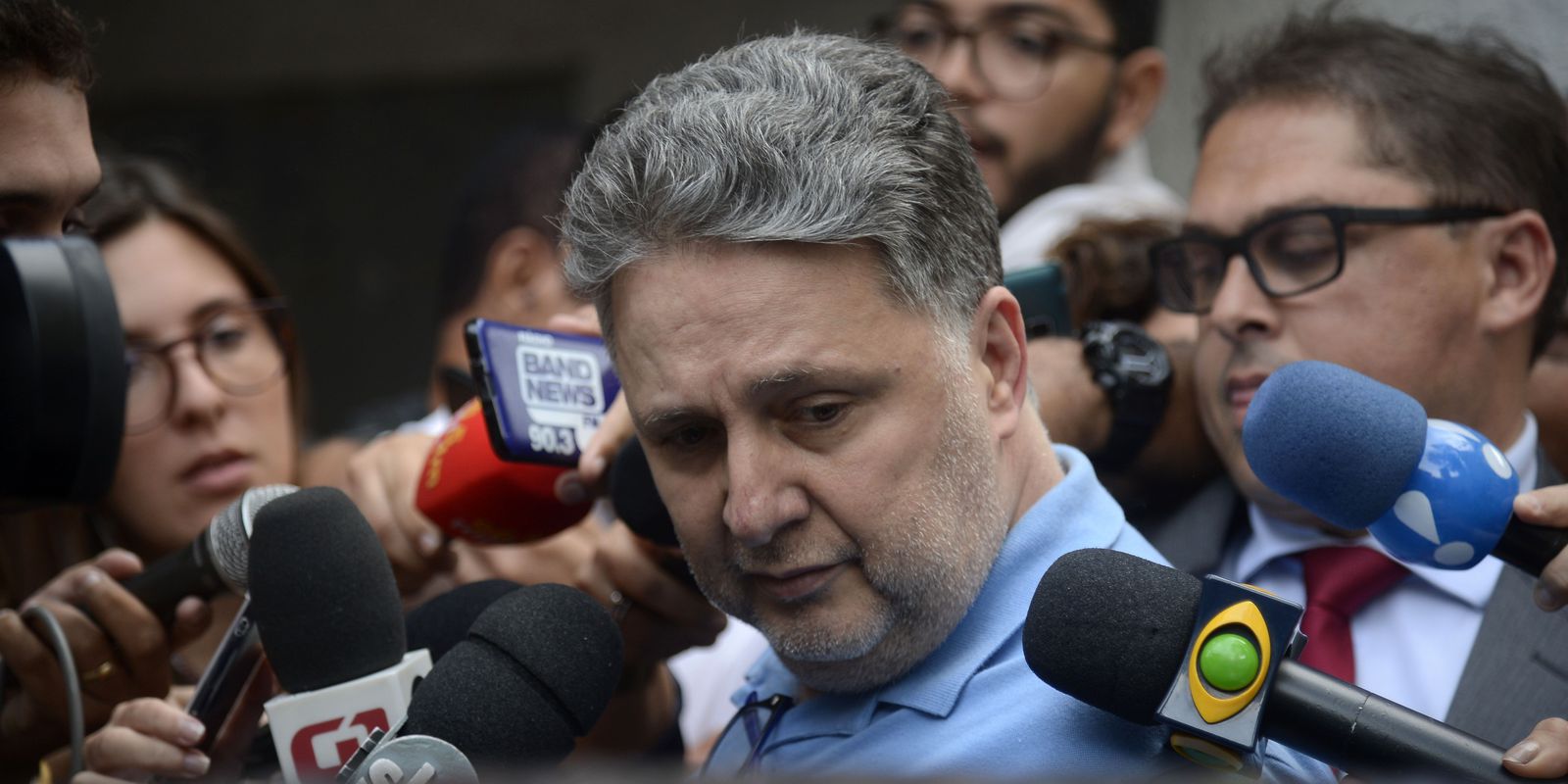The board of the Regional Electoral Court (TRE-RJ) unanimously rejected, in the plenary session this Thursday (14), an appeal (declaration embargoes) by former governor Anthony Garotinho in the file of the process for buying votes in municipal elections 2016. The decision maintains the politician’s sentence to 13 years and nine months in prison and a fine.
In March of last year, the collegiate TRE/RJ condemned Garotinhounanimously, for the crimes of electoral corruption, criminal association, suppression of public document and coercion in the course of the process.
Under electoral law, a criminal conviction in the second instance renders the defendant ineligible for eight years following the conviction.
After Operation Chequinho, the Electoral Prosecutor’s Office in Campos dos Goytacazes had denounced the former governor for irregularly using the social program Cheque Cidadão, run by the Campos dos Goytacazes city hall, in northern Rio de Janeiro, to co-opt votes for his political group. In that election year, the mayor was the defendant’s wife, Rosinha Matheus, and Garotinho was the municipal secretary of government. According to the Justice, the scheme granted the benefit, aimed at low-income families, in exchange for the commitment to vote for the nominated candidates.
Garotinho’s press office informed that the defense will appeal the Electoral Court’s decision and “clarifies that yesterday’s TRE decision is not valid, given that the Federal Supreme Court (STF), the highest instance of Brazilian Justice, has already annulled the entire Operation Chequinho in a previously judged action”.
STJ
Injunction signed by the President of the Superior Justice Tribunal (STJ), Minister Humberto Martins, restored Anthony Garotinho’s political rights in the context of another process.
The politician intends to return to the post he held from 1999 to 2002 and is a pre-candidate for União Brasil in this year’s elections. Applications must be registered by the subtitles until August 15th, and the first round takes place on October 2nd.
In 2018, Garotinho had a conviction for administrative improbity confirmed in the second instance. He was tried for participating in a scheme of embezzlement of resources by the State Department of Health between 2005 and 2006, a period in which the state of Rio was governed by his wife, Rosinha Garotinho. At the time, Garotinho was government secretary. The irregularities were denounced by the Public Ministry of Rio de Janeiro, and the process went to the Court of Justice of Rio de Janeiro.
Based on this conviction, the former governor was framed in the Clean Record Law and prevented from contesting the elections in 2018. Since then, appeals had been presented by Garotinho’s defense, including the STJ, but without success.
Last year, Federal Law No. 14,230/2021 was approved, which amended the legislation on administrative improbity. Among the changes, new prescription rules were fixed. The Federal Supreme Court (STF) is still debating whether cases prior to the enactment of the law are affected. The trial is scheduled for August, but ministers can ask for a view, postponing the final decision.
Faced with this situation, lawyers for the former governor presented a new appeal to the STJ, arguing that Garotinho would benefit from a possible retroaction of the new rules. As there is still no forecast for the STF to decide, the defense asked for a suspensive effect, which makes the candidacy viable.
The request was answered by Humberto Martins, in a monocratic way, in a decision released this Thursday (14). Martins understood that this is an emergency situation, given the danger of delay and the risk of irreversibility.














